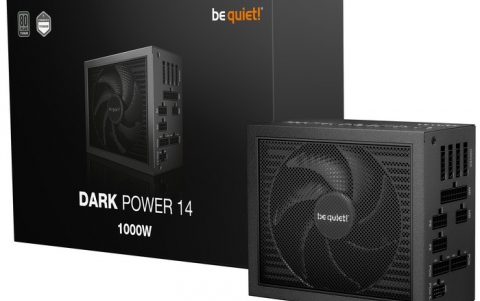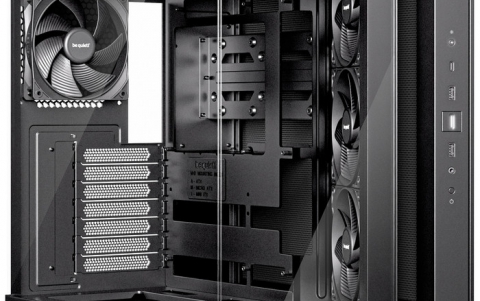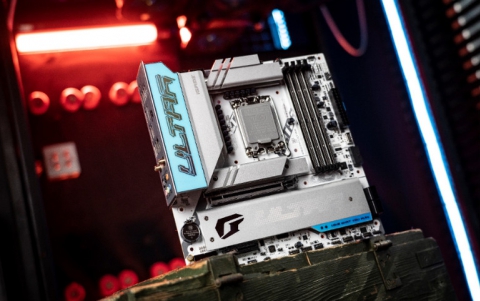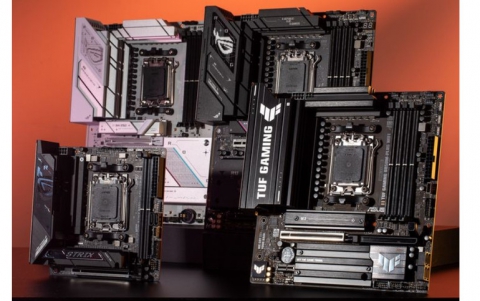Freecom BeatMan 8cm MP3 Player
2. Features
Freecom BeatMan vs. MP-Zip 8cm Mp3 Players - Page 2
Review by Elias Hantzakos
Features
Both players can only be used for playing 8cm discs (either pre-pressed or user-written). They cannot double up as external CD-ROM drives, as some other similar units can (by means of a USB connection to the PC).
One of the most useful features for portable players is anti-skip protection, so that music reproduction does not stop when the player is moving. The MP-Zip has a 45 second memory for both MP3 and Audio CD discs, and also offers the option of turning this feature off, to preserve battery life. The memory seems to be doing a very good job, as it is really hard to make the music skip, plus you always have an indication of the memory usage and on/off status on the player's screen. The Beatman claims to offer memory-based protection for MP3, and mechanical protection for Audio CD, but it skipped so easily and often during our tests that we doubt these features work at all. In addition, you can neither check the memory's status, nor disable the feature.
Both units have screens which can display various info, such as battery status, track/directory playing, repeat modes, equalizer preset etc. As you read before, the MP-Zip's screen also displays the anti-skip memory's status, but that's not all: It can also display the artist and title of the song currently playing, by reading its filename (Joliet long filenames supported), id3v1.1 tag, or id3v2 tag. It is a really impressive feature for such a small device, and works just fine when displaying the filename or id3v1.1 song info. When displaying id3v2 song info, you might get wrong readings, because the MP-Zip supports an older id3v2 version than Winamp and most id3v2 tag editors support. The MP-Zip's manual recommends a certain id3v2 tag editor that works fine with the unit, but having to use a single program is certainly restricting. Even given the MP-Zip's id3v2 problem, the Beatman scores worse in this category, as its tiny screen cannot display any song titles at all.
As far as reproduction options are concerned, both players offer a few equalizer modes, but all these modes are preset, and cannot be edited by the user to suit his or her sound tastes. Another common feature is the Bass-Boost option, which as you should know simply boosts lower frequencies to compensate for small in-ear headphones that lack in this field. Both players also offer music programming options, with the MP-ZIP being a little better in this area, in terms of playlist memory and ease of programming.
The MP-Zip is also superior to the Beatman in that it supports a true line-out audio output, for connection to a home hi-fi system or any other device that is equipped with a line-in jack. The Beatman is also supposed to offer a line-out connection (in fact, Freecom sells a cable for this purpose), but during our tests the sound output was rather disappointing compared to its headphone output, so we can't really recommend it for users who intend to hook the player to their home hi-fi.
There are no analog rotary knobs on the MP-Zip, as everything can be adjusted using its buttons. The Beatman on the other hand, has a rotary knob for adjusting its volume, which is faster than digital but also looks cheaper.
Both players can run on external power, using the provided AC adapters. The MP-Zip can also charge its batteries, which is extremely useful and economical for a portable player. Also, included in the MP-Zip package is a small external battery compartment that can hold two AA-size batteries and connect to the player, extending its battery life. The Beatman does not include such an accessory, neither can it charge its batteries, which is a major drawback, unless you don't mind buying new batteries every day (or buying a separate battery charger...).
Speaking of battery life, this is an area the two devices have little in common: The MP-Zip can only run for just over two hours on rechargeable batteries, whereas the Beatman lasted for 4.5 hours on alkaline batteries. Running on alkaline batteries, the MP-Zip can run for about three hours, but this still lags behind the Beatman by about 50%. This is obviously a result of the Beatman using bigger AA-size batteries instead of smaller AAA-size, so you will have to choose sides on this matter: It's up to you to decide whether you can put up with Beatman's heavy weight in exchange for longer battery life, or opt for the lighter MP-Zip, whose batteries will die more often.













